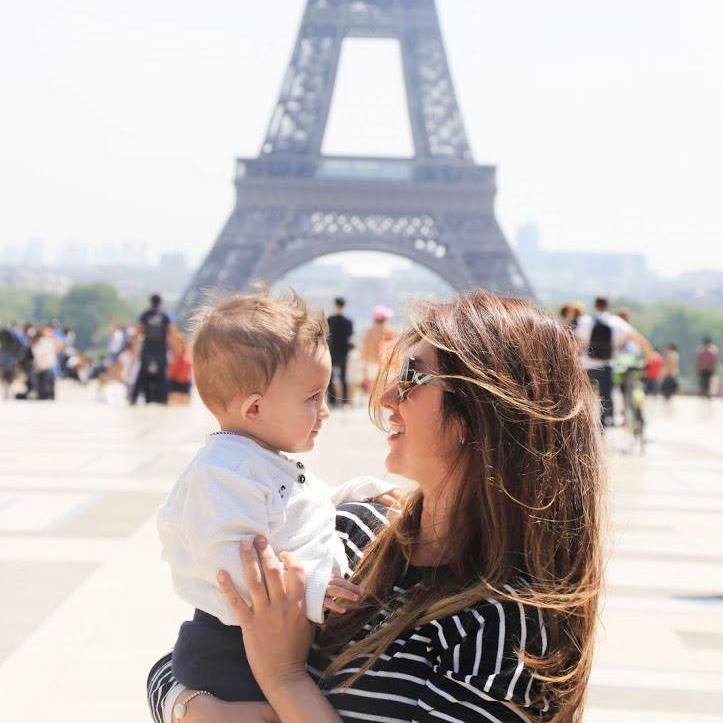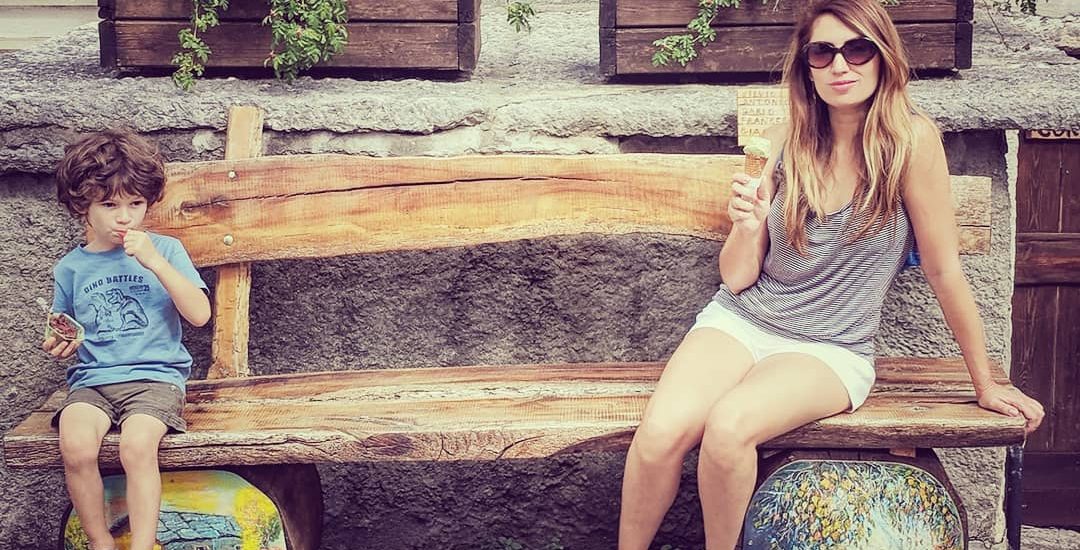Growing up in two languages
Hi there, I am Olga!
Growing up bilingual can be both a privilege and a challenge— not everyone has the advantage of having an English-speaking parent nor the benefit of having parents who can help you expand your vocabulary by reading soothing bedtime stories. My experience as a first-generation bilingual was challenging. I appreciate the perseverance my parents had in raising me bilingual, even though they were not bilingual themselves. They instilled in me resilience and patience in acquiring new languages because, to be honest, raising a bilingual child takes a lot of work.

It’s all worth it! Speaking two languages is better than one.
What happens when a toddler is exposed to two languages instead of one?
Studies show that bilingual children may have a cognitive advantage over young children who use only one language. According to the new study out of York University in Toronto (1), one of the implications of this study is that bilingual toddlers may be starting school with a significant cognitive advantage in the area of self-control or “executive functioning”. This can have an important impact on both their academic and social future.
For example, if a child has good self-control, he’ll find it easier to focus his attention on what’s important and he’ll be less likely to become distracted while trying to listen to a teacher or complete a task. In social situations, he may have greater ease in tailoring his behavior to a specific context. And when his peers suggest a potentially harmful activity, his self-control may make it easier for him to refuse.
So if you’re wondering whether exposing a young child to a second language early in his development is a good idea, the answer is yes!
Why might bilingual kids have these advantages?
According to the study, when a bilingual toddler wants to say something, both of his languages become activated in his brain and they compete internally with each other (it’s as if both languages are saying “Pick me, pick me!”). In order to communicate, the toddler has to select the language he needs and actively suppress the other language to prevent it from intruding. This requires both selective attention and cognitive flexibility. These skills may be stronger in bilingual children simply because they’ve been exercised more.
1. News article: “Bilingual toddlers have edge over unilingual kids: Canadian study”
http://www.ottawacitizen.com/life/food/Nobody+bothered+report+missing/2761441/
Bilingual+toddlers+have+edge+over+unilingual+kids+Canadian+study/4135298/story.html

